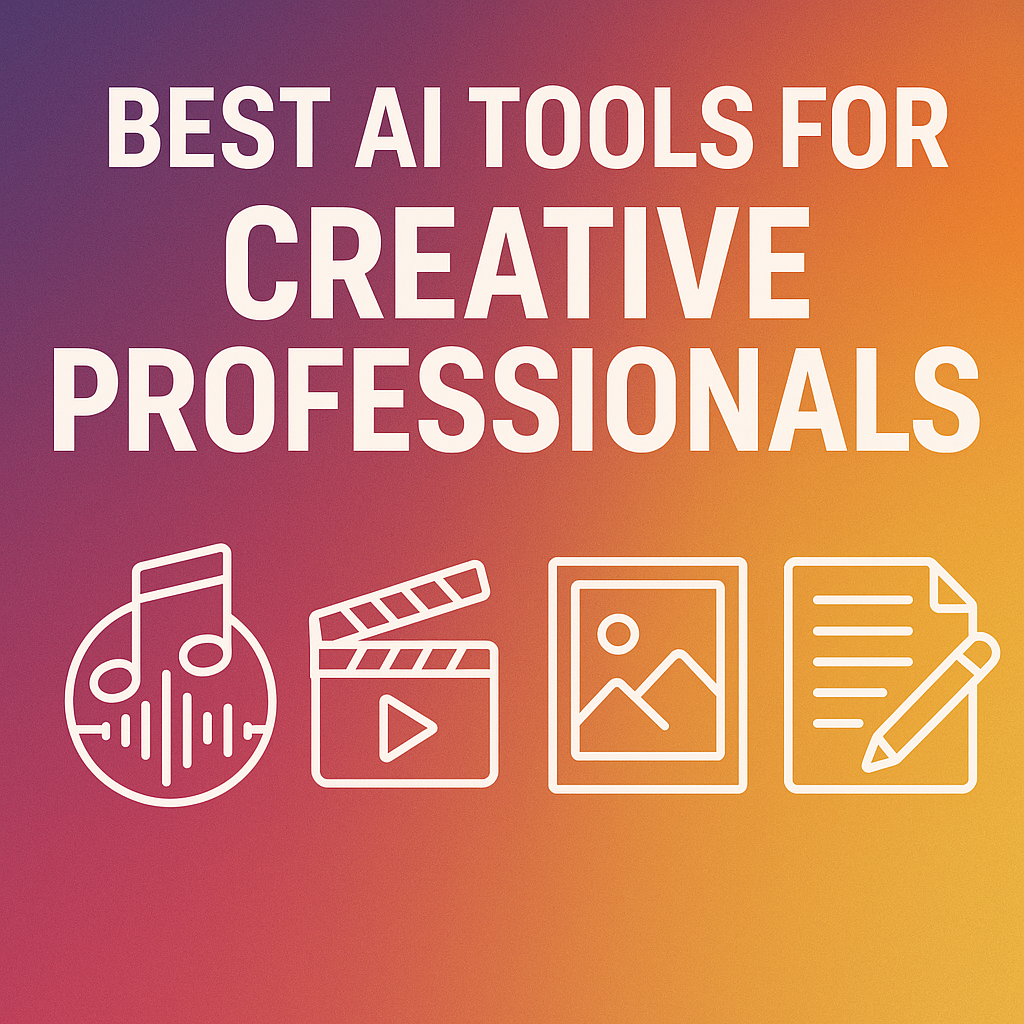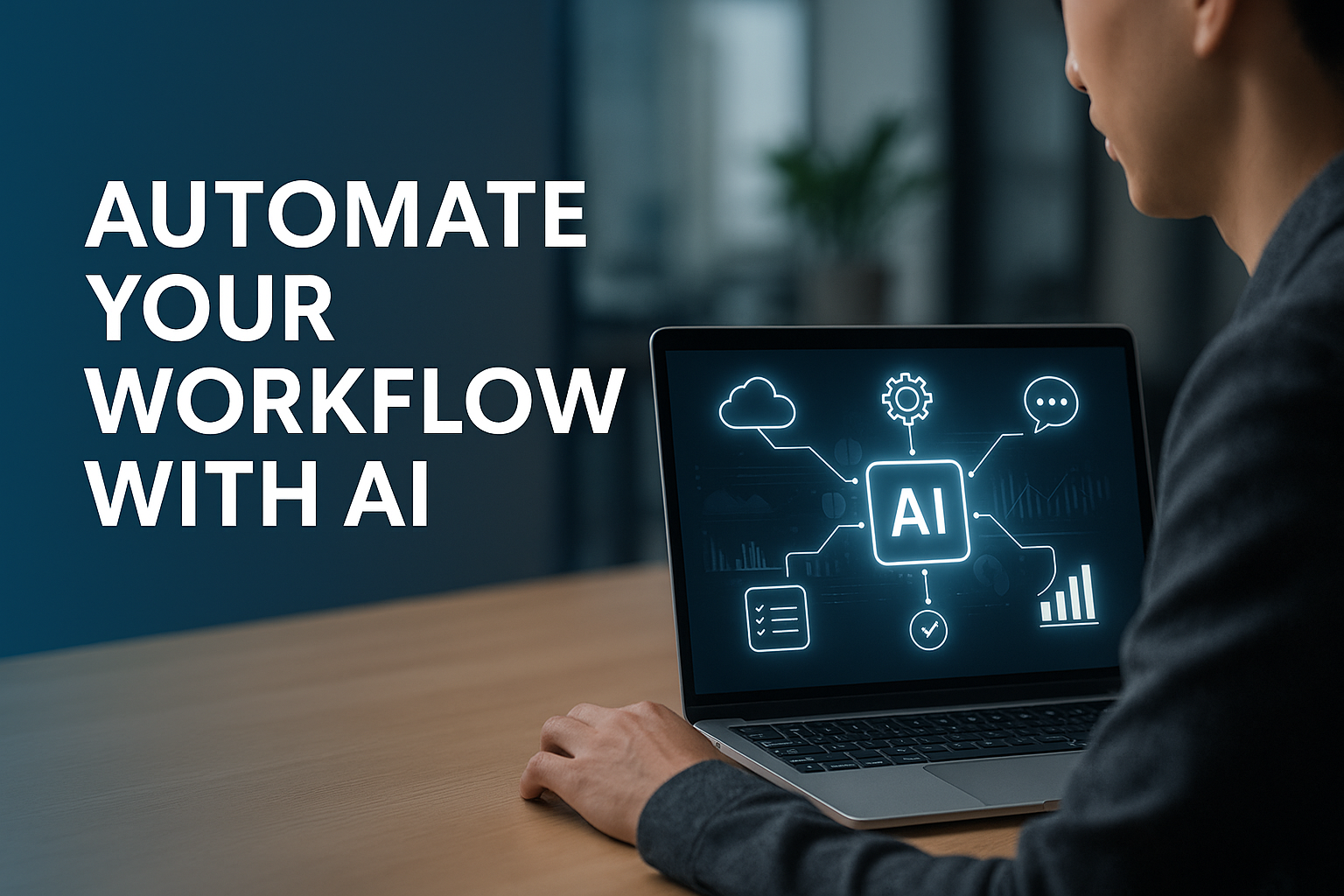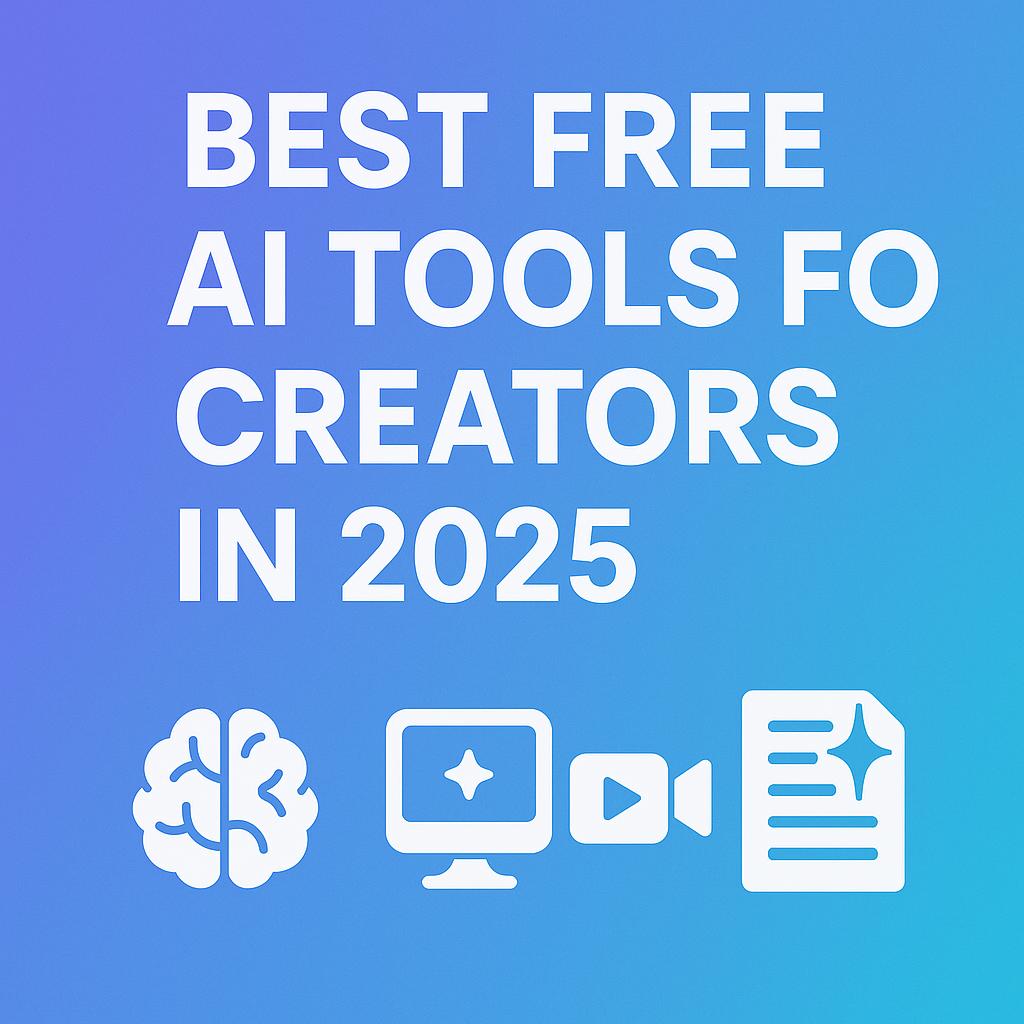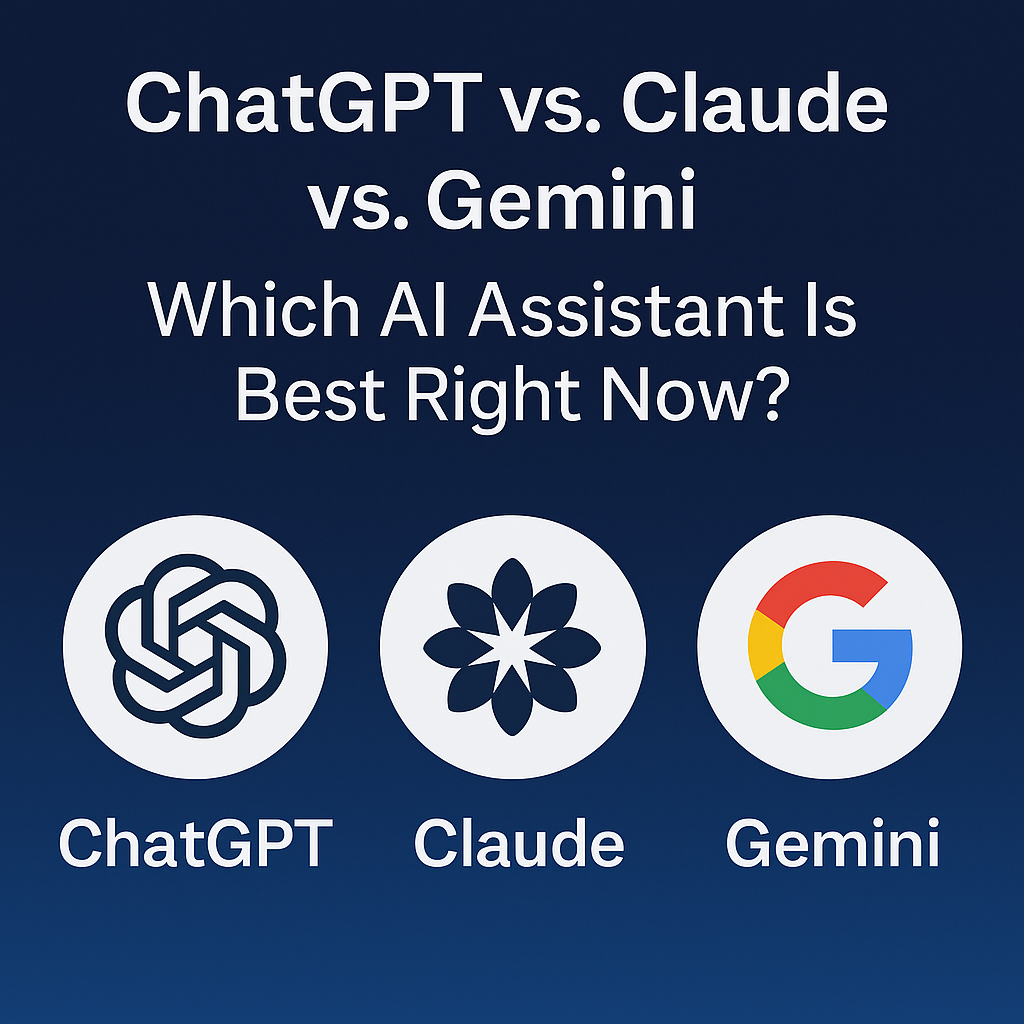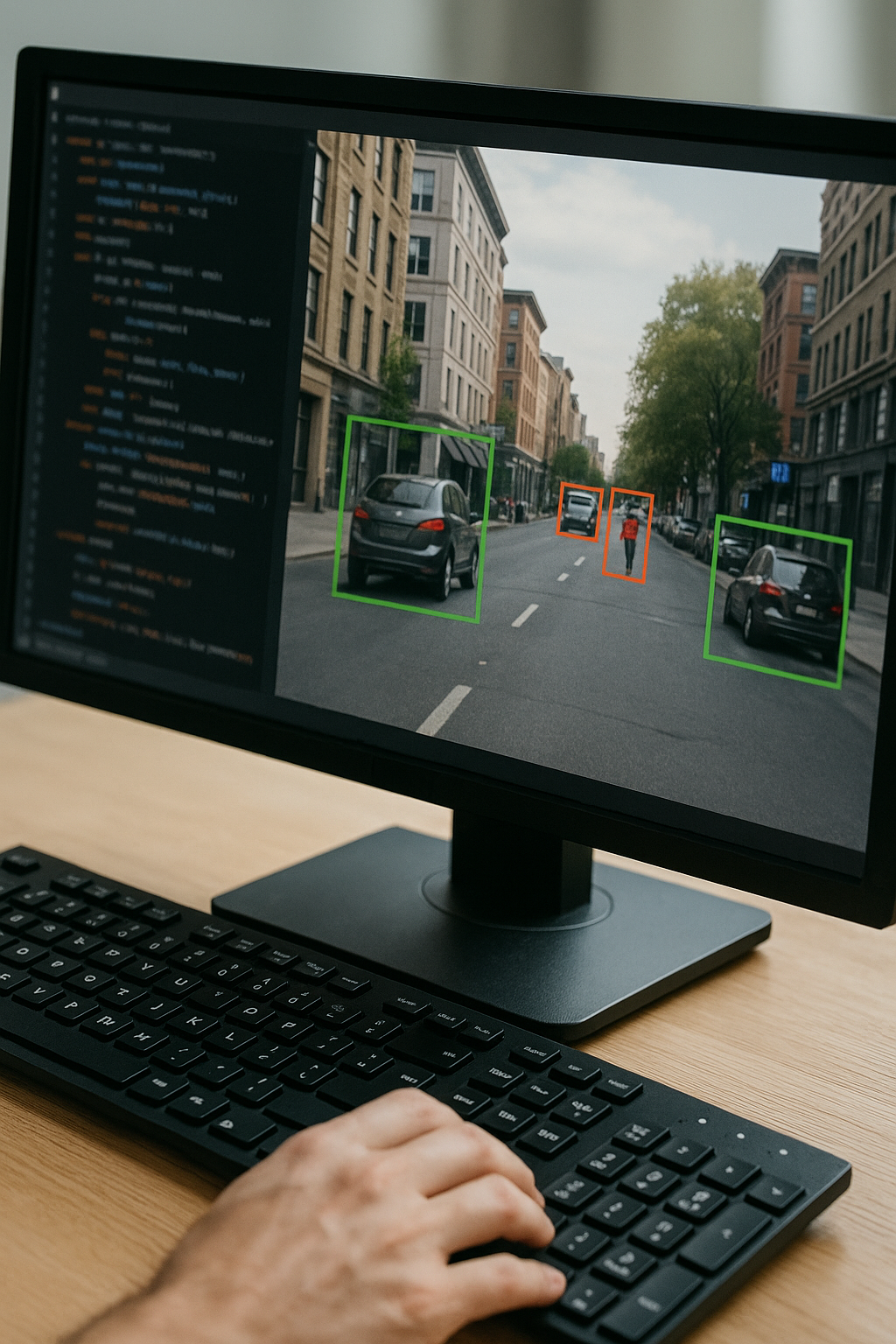Quantum AI
Harnessing the Power of Quantum Computing for AI Advancements
Artificial intelligence (AI) has woven itself into the fabric of our lives, from the unassuming voice assistant answering your questions to the complex algorithms curating your social media feed. But what if we could push the boundaries of AI even further, cracking problems that have remained stubbornly out of reach for traditional computing? Enter the captivating realm of Quantum AI, where the immense potential of quantum computing promises to usher in a new era of unparalleled AI capabilities.
This comprehensive blog post delves into the intricate dance between quantum computing and AI, exploring how this groundbreaking technology can unlock unprecedented possibilities for artificial intelligence. Buckle up, as we embark on a journey into the heart of qubits, superposition, and the exciting potential of Quantum AI.
The Bottleneck of Classical Computing and AI
Traditional AI relies on the workhorse of the digital age: the classical computer. These machines process information using bits, the binary workhorses of ones and zeros. While classical computers have achieved remarkable feats, from composing music to defeating chess grandmasters, they have inherent limitations. Complex problems with vast numbers of variables, like protein folding simulations or optimizing traffic flow in a megacity, can quickly overwhelm even the most powerful classical machines. Imagine trying to navigate a maze with billions of possible paths – a classical computer would be forced to explore them one by one, an unimaginably slow process.
Enter the Quantum Stage: Qubits and the Weirdness of Superposition
Quantum computers operate on the principles of quantum mechanics, a realm where the laws of physics bend and twist in ways that defy our everyday intuition. Here, information is stored in qubits, the quantum equivalent of bits. But unlike their classical counterparts, qubits can exist in a state called superposition, where they are a zero, a one, or a blend of both simultaneously. This mind-bending property allows quantum computers to explore a vast number of possibilities concurrently, making them ideal for tackling problems that would bring classical computers to their knees. Imagine navigating that maze with billions of paths – a quantum computer can explore them all at once, revolutionizing the way we approach complex problems.
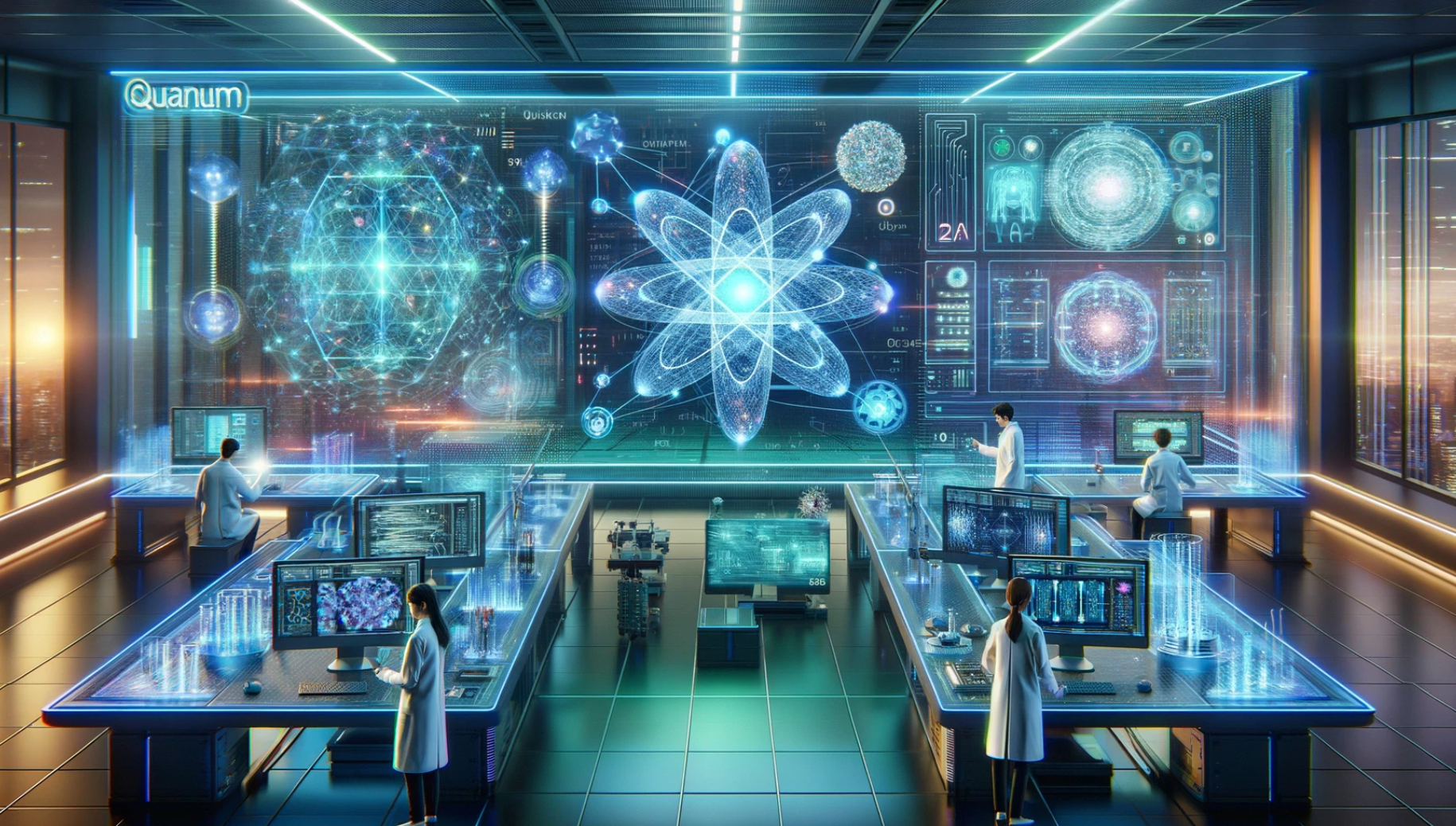
Quantum AI: A Match Made in the Quantum Realm
Quantum AI leverages the power of quantum computing to accelerate and enhance AI algorithms. It's a symbiotic relationship, where each field pushes the other to new heights. Here are some exciting possibilities that emerge from this powerful union:
- Machine Learning on a Quantum Leap: Quantum algorithms can revolutionize machine learning by enabling the efficient processing of massive datasets with exponentially more variables. Imagine training an AI model to analyze financial markets, not just with historical data, but also by factoring in real-time news sentiment and social media trends. This could lead to the development of hyper-accurate AI models capable of making complex predictions with far greater precision.
- Quantum Optimization for Real-World Applications: Optimization problems, where the goal is to find the best possible solution from a vast number of options, are a perfect fit for quantum computers. Quantum algorithms can solve these problems with unparalleled efficiency, leading to breakthroughs in areas like logistics and supply chain management. Imagine optimizing delivery routes for a fleet of trucks in real-time, considering traffic conditions, weather patterns, and even driver breaks. This could revolutionize logistics, saving companies time and money while reducing their environmental footprint.
- Unveiling the Mysteries of the Material World: Simulating complex molecules is a notoriously difficult task for classical computers. Quantum computers, however, can excel at this, allowing researchers to design new materials with specific properties for applications like solar energy capture or next-generation batteries. Imagine simulating the behavior of a new material at the atomic level, accelerating the discovery and development of groundbreaking technologies.
- The Quest for Artificial General Intelligence (AGI): The holy grail of AI research, AGI refers to a hypothetical AI with human-level intelligence and the ability to understand and reason about the world. While still a distant dream, some believe quantum computing could be the key to unlocking AGI's potential. Quantum computers could enable AI to tackle problems that require true reasoning and a nuanced understanding of the world, bringing us closer to the realization of truly intelligent machines.
The Road Ahead: Challenges and the Quantum Horizon
Quantum computing is still in its nascent stages. Building and maintaining stable quantum computers is a complex and expensive endeavor. Additionally, developing quantum algorithms that can fully exploit the potential of these machines requires ongoing research. It's a marathon, not a sprint, but the potential rewards are immense.
Stay at the Forefront of the Quantum AI Revolution: Sign Up for Our Newsletter
Don't miss out on this exciting journey into the uncharted territory of Quantum AI! Sign up for our newsletter today and unlock the future of AI alongside us. Together, we can explore the possibilities that lie at the intersection of quantum mechanics and artificial intelligence, shaping a future powered by groundbreaking technologies.
Sign Up For Our Weekly Newsletter and Get Your FREE Ebook " AI For Everyone - Learn the Basics and Embrace the Future"



